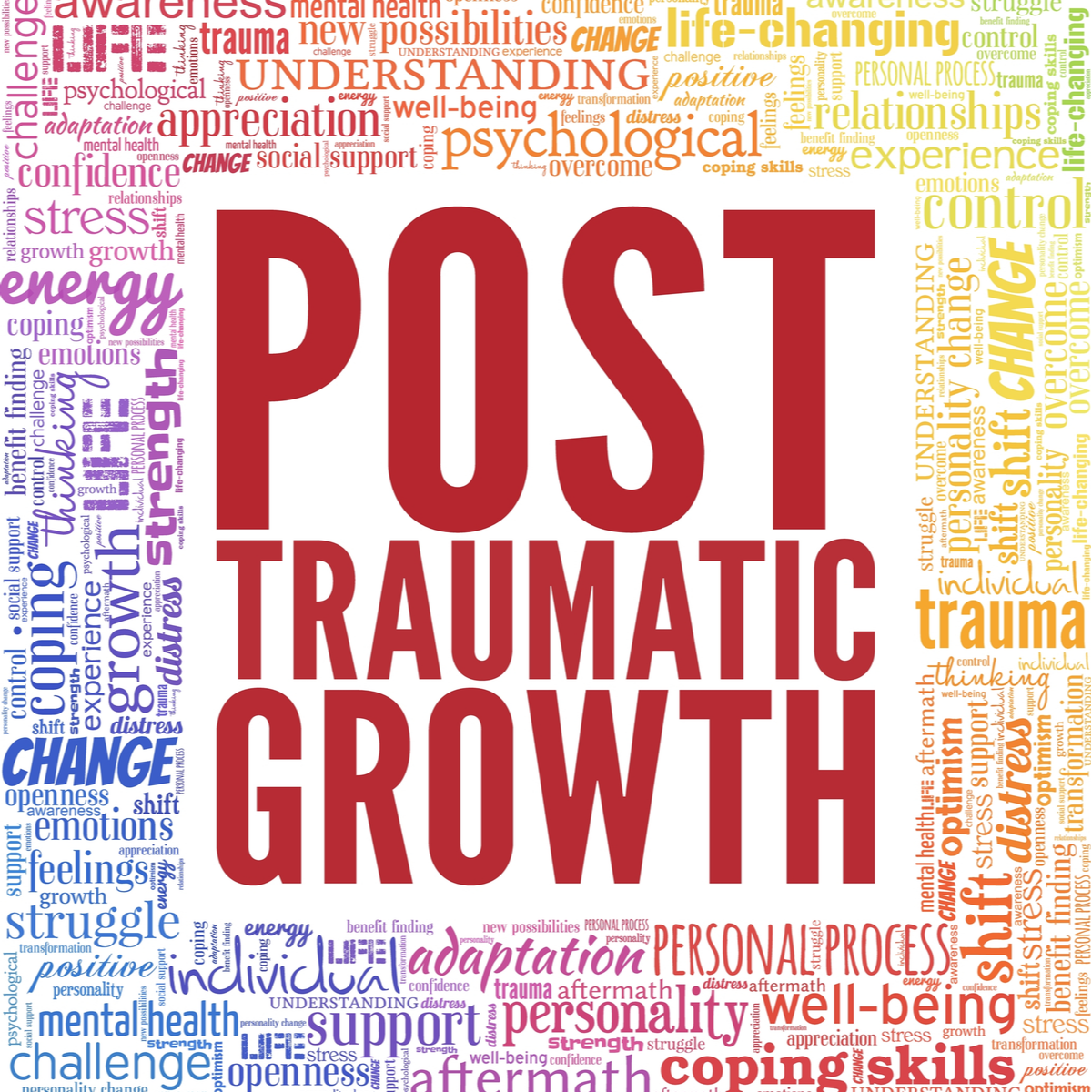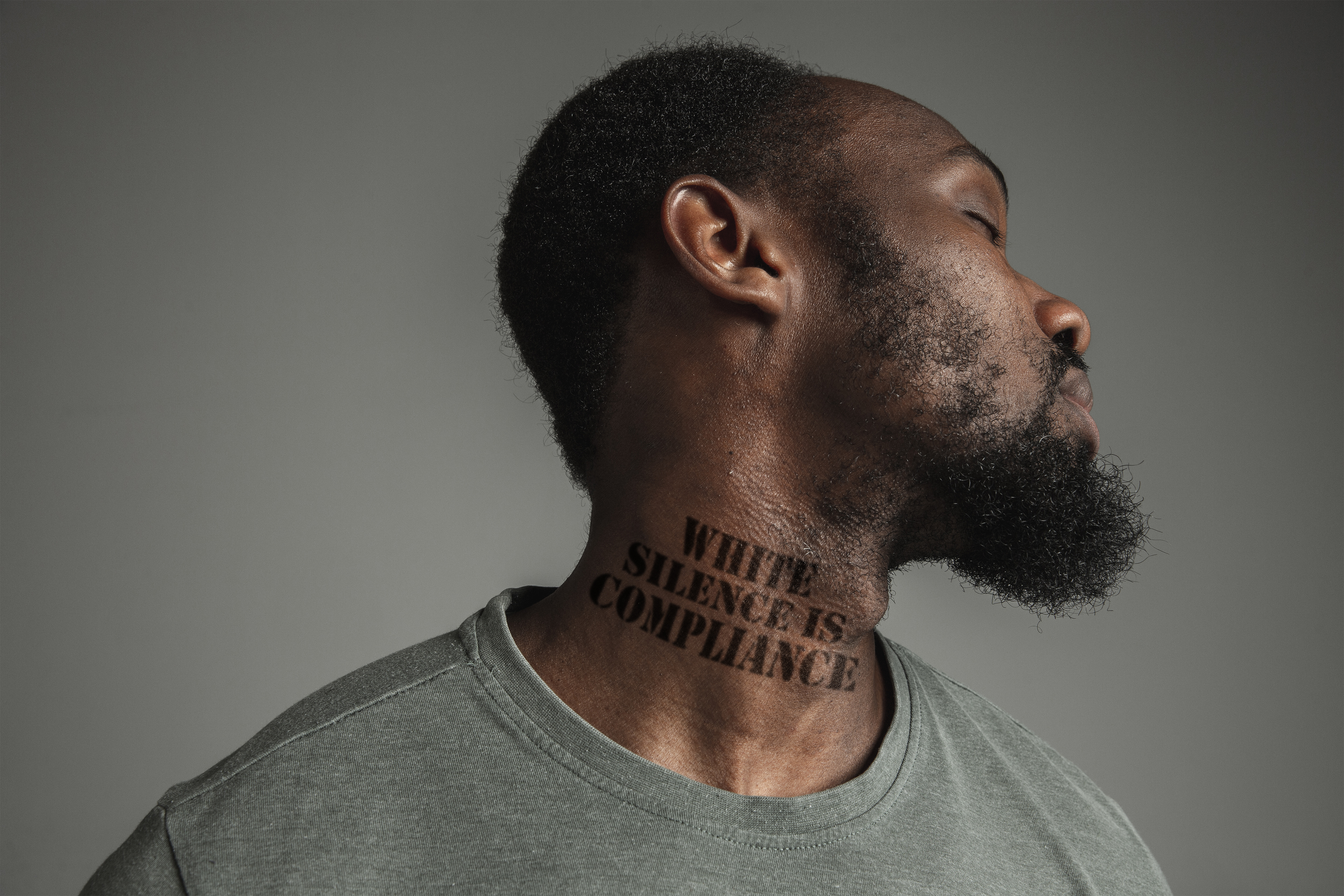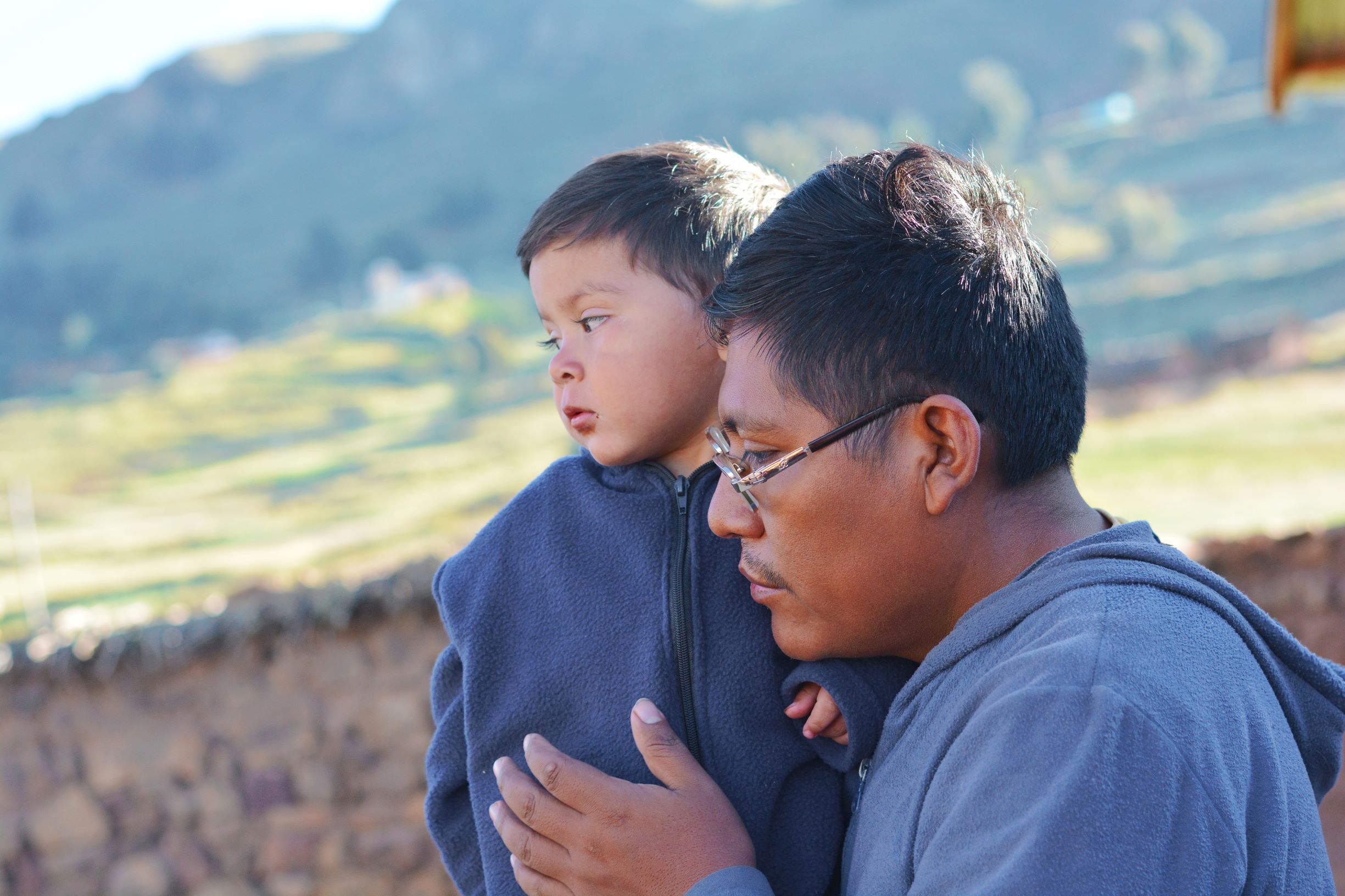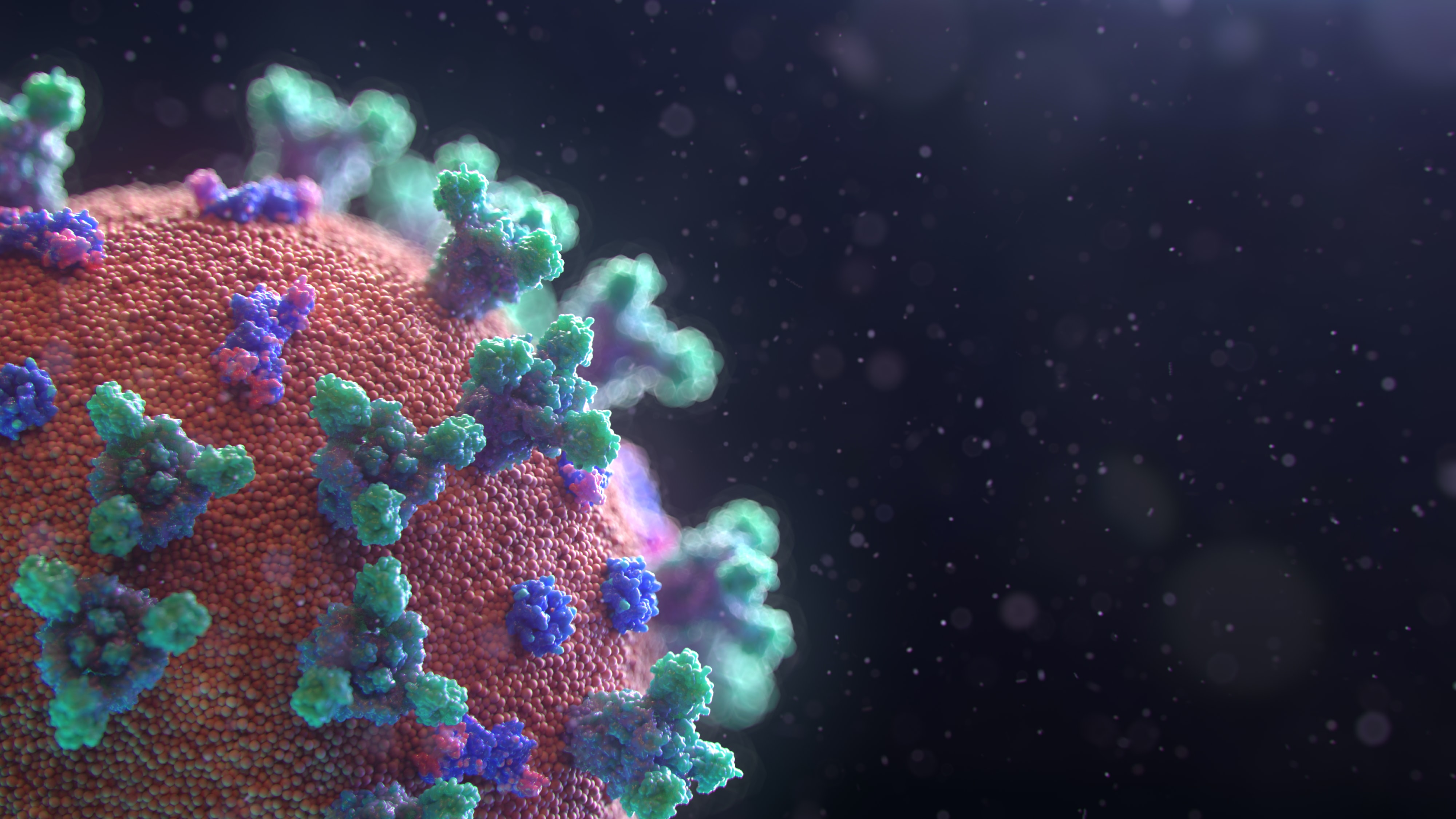Post-Traumatic Growth (PTG) is defined as the “positive psychological change in the wake of struggling with highly challenging life circumstances,” by Richard Tedeschi, PhD, and Lawrence Calhoun, PhD, who coined the term in 2004. Tedeschi recently reflected on the pandemic and opportunity for Growth After Trauma in Harvard Business Review.
Creating a Trauma-Informed “New Normal”
June 19, 2020
by
Mary Jo Harwood, LSW, DCNCCM
posted in
Crisis Response,
Whole-System Change
What exactly does “new normal” mean? It is an expression that has become mainstream vernacular since the COVID-19 pandemic. But in the field of trauma response and recovery, it is a term that has long been used to provide hope for survivors.
Healing Historical Trauma
June 9, 2020
by
Mary Jo Harwood, LSW, DCNCCM
posted in
Crisis Response,
Whole-System Change
White People Need to Own Our Discomfort
For those of us who are white, the role we find ourselves occupying is that of white supremacy. In her book, What Does It Mean To Be White?, Robin DiAngelo describes white supremacy as:
Developing Compassion from COVID-19
June 3, 2020
by
Patricia D. Wilcox, LCSW
posted in
Crisis Response
Day-to-day life was altered so swiftly and thoroughly as a result of COVID-19—a collective whiplash. As a result, many may feel frustrated, lonely, or are mourning the way things changed and the normal activities we are now unable to do. We may be saddened by losing loved ones or by being unable to visit them. But we may also be finding some sources of joy or re-calibration within this time.
Tribal Communities: Advancing Trauma-Informed Care
May 21, 2020
by
John Engel, MA
posted in
Crisis Response,
Measurement & Research
New federal funding through the Coronavirus Aid, Relief, and Economic Security (CARES) Act includes critical funding for advancing trauma-informed care services in tribal communities.
Trauma-Informed Care and the Stress of COVID-19
May 11, 2020
by
Traumatic Stress Institute Staff
posted in
Crisis Response,
Whole-System Change
We are all under noticeably increased stress in this time of the COVID-19 virus changing our lives. We have many things to attend to, from the practical to the personal to the emotional. Our organizations are confronting immediate and longer term challenges from closed programs, potential layoffs, and financial uncertainty.
COVID-19 Hardship Discount on all Online ARTIC Purchases
May 7, 2020
by
John Engel, MA
posted in
Crisis Response,
Measurement & Research
Despite the COVID-19 crisis, school systems, human service agencies, behavioral health programs, medical institutions, foster care agencies, juvenile justice programs, and many others are working to sustain trauma-informed care--now more than ever.







